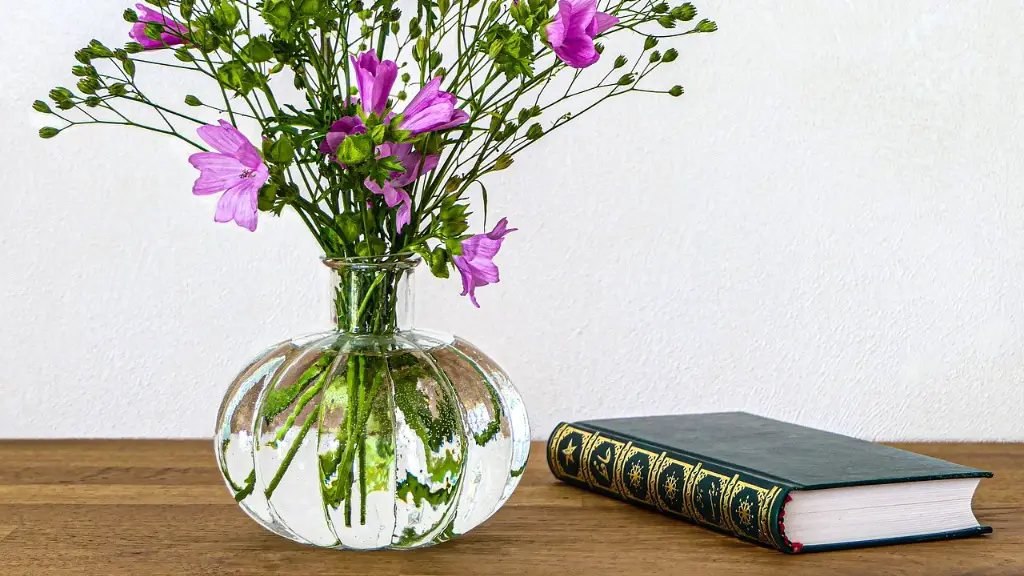Creativity is the key to unlocking your full potential as a poet. It is your personal writing style and voice that makes you stand out as a poet. Whether you are writing for yourself or for others, mastering the craft of poetry is a skill that could be worked on and improved over the years. To be better at poetry, you need to develop your writing techniques and refine your writing style so that readers can appreciate your work.
At the heart of poetry is the creative force, not necessarily what you say but how you say it. It is the power of words that makes a poem come alive. It is important to practice your poetic techniques and use language to express thoughts and feelings in the most meaningful and descriptive way. You need to learn different styles of writing and find the one that best suits you. Understanding the basics of poetry may help you ignite your imaginative power and draw the attention of your readers.
An essential element for writing a poem is to find a focus. It could be a theme, a story, an experience or anything that inspires you to write. You need to choose a topic before you can put your ideas into words. Once you have identified the target focus, you should read as much poetry as you can. Analyzing different works of literature could help you recognize structure and master the craft of poetic verse.
To write effectively, you need to identify the narrative voice and tone of the poem. The narrative voice is the person, character, or persona speaking in the poem; while tone is the attitude or approach of the poet toward his subject. This could be happiness, sadness, anger, love, and many more. Crafting the right tone is the best way to engage your audience and draw in a wide range of readers.
Reading great classic poetry of renowned poets can help you develop better insight into writing poetry. Exposure to different words and poetic styles can strengthen your vocabulary and help you write freely with clear language. Keeping a notebook to document all of your thoughts, questions and musings can be beneficial in creating fruitful work. You should also consider attending classes, workshops and seminars covering poetry to learn from an expert or mentor
Using the right imagery is integral in writing poetry, as the power of visuals can truly add to the poem. Imagery often involves using metaphors and symbols to give more depth and meaning to your words. Revising and editing your work is critical to succeed, as it can help to eliminate any unnecessary words that can weaken your poem. Asking someone else to review your poetry is a great way to get feedback, improve your work and fine-tune it.
Develop Fluidity
Having excellent command over the language and being able to fluidly weave words together are essential for every poet. You need to be familiar with the spoken language in order to comprehend the subtle nuances and to express your thoughts in writing. You can also study diction, various grammatical structures and the right type of syntax to improve your fluency. Being comfortable in your language helps to communicate your ideas more effectively and gives your poems the required sophistication.
Rewrite and Reuse
One useful strategy in creating good poetry is to rephrase and rewrite one line at a time, but in a completely different way, while still finding and keeping the same message. Experienced poets often change the focus of a line by modifying it and creating a completely different outlook. It is important to know that every poem can be different, so you can switch the order of words, use alternative expressions and play with the sounds of your poem to make sure the words can flow freely.
Take Risks
One of the greatest pieces of advice literary experts offer to aspiring poets is to be daring and take risks. It is perfectly fine to leave familiar patterns and reach for something new. To develop your skills, it is essential to challenge yourself and work out of your comfort zone. You should also find the courage to believe that your work is worth reading, and never be scared to express your opinion.
Create an Environment
Creating the right space to write can be useful to foster even more creativity. It could be a place featuring elements that offer an atmosphere to focus and relax. If you are feeling inspired and motivated, you need to make sure your environment is motivating as well. Having a comfortable corner with artwork and books to provide a sense of organization to a poet can help you immerse yourself in the poetic world and write better.
Latest Innovations
The digital age provides amazing new avenues for writers to express their art. Technology such as posts, stories, articles and social media networks have revolutionized the way poets communicate and communicate with their readers. Social media platforms give poets the opportunity to reach wider audiences and share their work with the world. To be good at poetry in the digital age, you need to be able to write well and be proficient in using new media.
Develop Thick Skin
The literary world can be discouraging, as you will receive both good and bad criticisms from your readers. You need to have enough confidence to accept the criticism and be open to suggestions to learn and progress. As a poet, you need to be patient and to never give up. In the end, growing as a writer is the most important part of being better at poetry.



